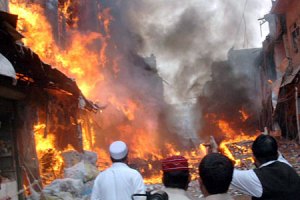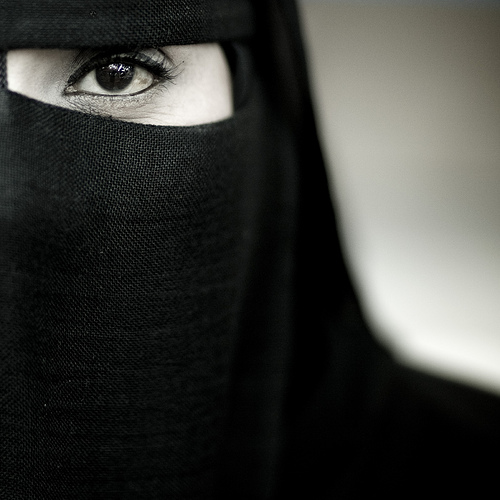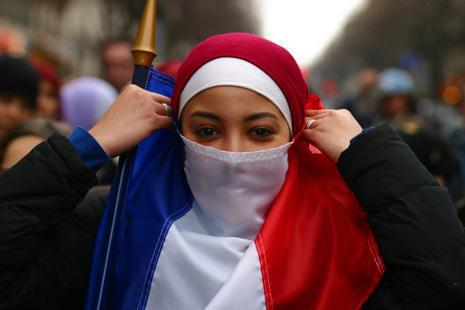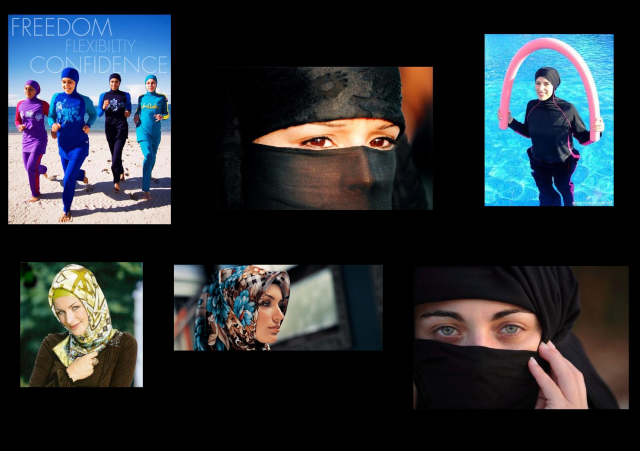Having been dragged by the horses ridden by politicians and military despots through the mud for 63 years, the notion of a revolution has not failed to enter the mind of Pakistanis as a saw to cut and break free from this chain of humiliation manacling them.
Recently this feeling and thought has become stronger in Pakistan by the intensity of its pervasiveness fueled by the revolts in Tunisia and Egypt. Pakistanis reason the absolute and dire need of a revolution in their country by stating how either they’re in the same or worser conditions than that of the two Arab nations.
One might question them, have they followed the events or studied the situations in both the aforementioned countries? Egypt is under the tyrannical rule of an obstinate dictator since he assumed power on October 14, 1981.
With an already-imposed Emergency Rule since 1967, Mubarak exercised his totalitarian muscle a great deal by depriving Egyptians of their basic human rights, suspending their civil liberties, stunting their social growth, curbing any freedom especially freedom of expression by strict and savage means with an era that ensued of fraudulent elections, inflation, poverty, political persecutions, unemployment, corruption and illegal arrests. Om id Dunya has been survivng under a brute.
Reflecting was the case in Tunisia under the grip of Ben Ali.
While inflation and poverty et al maybe the similarities between Pakistan and Egypt, there’s a visible contrast in between which includes the chiefly important political landscape and the Civilian-Military imbalance of power.
People in Pakistan demand a revolution but a revolution against what? A Government they themselves elected in 2008? What a farce!
If its to remove the ‘American Puppets’ that ‘have sold the nation’s dignity’, who elects them again and again after getting carried away in the flow of emotionally-charged election speeches of the puppets? The very Pakistani nation now rallying for an uprising!
Pakistan suffers and continues to do so but largely because of the nation itself (minus the years of the forcibly saddled authoritarian rulers to our backs).
With an attitude of placing petty allegiances to parties over the country, dangerous divisions into sects, ethnic separations, indifference towards the erosion of Pakistan’s heritage, abandonment of culture due to sweeping shame felt in owning it and a despicable and damaging ‘conspiracy mindset’ that is developing which ascribes anything that happens in the land of 796,095 km2 of area as a work of ‘vile foreign forces’ – to rife dishonesty from the farmer to the Parliament and a frazzled moral and social fabric – Pakistan in no way can afford or requires a revolution with these inadequacies.
The entire world has witnessed the surreal, perfect religious harmony amongst the Egyptian Muslims and Coptics during the January 25 revolt. While Muslims prayed, Christians formed a human ring around them for protection.
When the Muslim Brotherhood members raised Pro-Muslim slogans at Tahrir Square which implied that Egypt was for Muslims only, they were stopped by Egyptian Muslims who declared Muslim and Christians are all Egyptians and a new shout:
“Egyptian people here we stand,
Muslim Christian hand in hand!”
During the prayers at the Square, priests and imams prayed for Egypt together. When the Imam was leading the prayers, Christians’ repeated after him in louder voices so that all Muslims could hear.
Even gender boundaries transcended as women and men prayed together.
Can this ever be the case in Pakistan where there is a stark wave of subliminal intolerance being infused into even the minds of the educated? Had it been that Muslims and Christians had stood together to pray, the Mullahs would’ve raised the cry of blasphemy and a deluge of fatwas would’ve swept the country. Had they seen women praying with men, threats would’ve tumbled down upon all those who participated in it.
Egyptians showed their awe-inspiring sense of nationhood by forming committees to clear the areas where they protested every morning after millions had gathered there the night before.
Groups were organized to guard the museums and properties and possessions of people, while all those who were skilled in their professions came running to provide help and assistance to their fellow countrymen – such as the doctors who aided the injured freely.
Does Pakistan need a revolution to adopt this spirit?
Did not this nation pull down Musharraf?
We’re not worthy of a change with our stagnant ways which smell of stench.
And thats where and what we have to change.
With the nation sunk in disagreements and tiffs, wide possibilities of religious exploitation leading to extremism, some insisting the system of democracy should continue and the others pressing on Khilafat to be installed, even if a revolution takes place – anarchy, looting, killing would envelop the country and all hell would break loose with the advent of a civil war.
Pakistan would fall apart if a revolution takes place.
The solution is to let the democratic system go on, no matter how defected it seems to be currently. It will naturally strengthen the vital organs of the state (Judiciary, Media etcetra) to an extent that they start ironing out the loopholes in the institution of democracy itself in Pakistan, clearing the path for it to operate as it should.
The failure of individuals in the system to deliver should not make one ascribe those to the system.
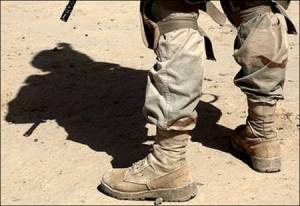 Too many times in Pakistan’s history have democratic governments been overthrown and at the end, such a mess had been carefully crafted that it proved to be the perfect excuse for the boots to come marching in.
Too many times in Pakistan’s history have democratic governments been overthrown and at the end, such a mess had been carefully crafted that it proved to be the perfect excuse for the boots to come marching in.
Systems can not be overhauled for individuals. Democracy is a culture along with being a system, that needs to be cultivated. It requires time which this nation, that has resisted years of several dictatorships, refuses to give.
To see how democracy functions if facilitated with patience and continuity, one must not look any farther than India.
The nation must also aim for unity, an evolution, an intellectual revolution and aspire to establish the values Jinnah and Iqbal had wanted for their Pakistan.
Pakistanis must change their attitudes and themselves along with rationally analysing the situations to bring about a difference in their country, for virals can never be the remedy for any ill, in this case, the ills of Pakistan.
– Hafsa Khawaja
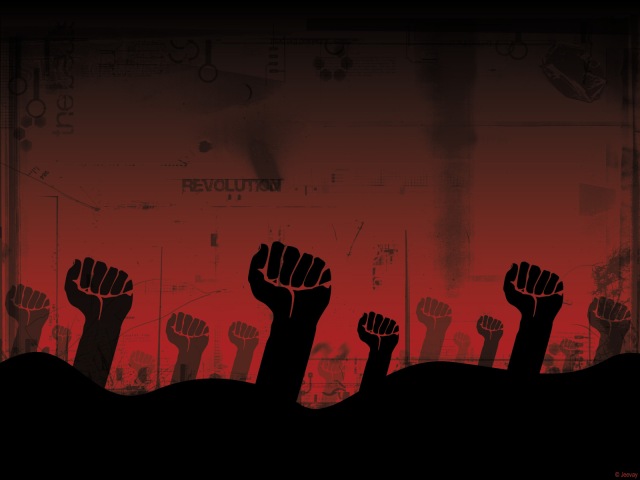
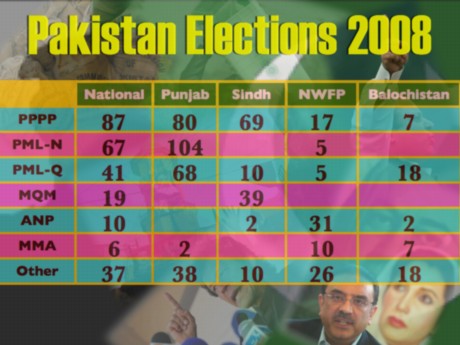
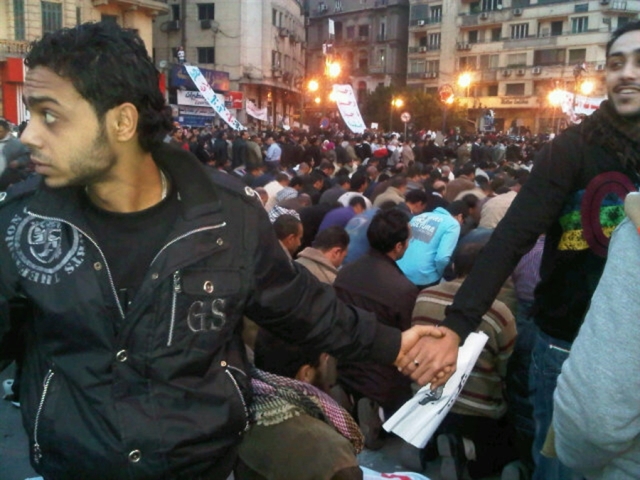
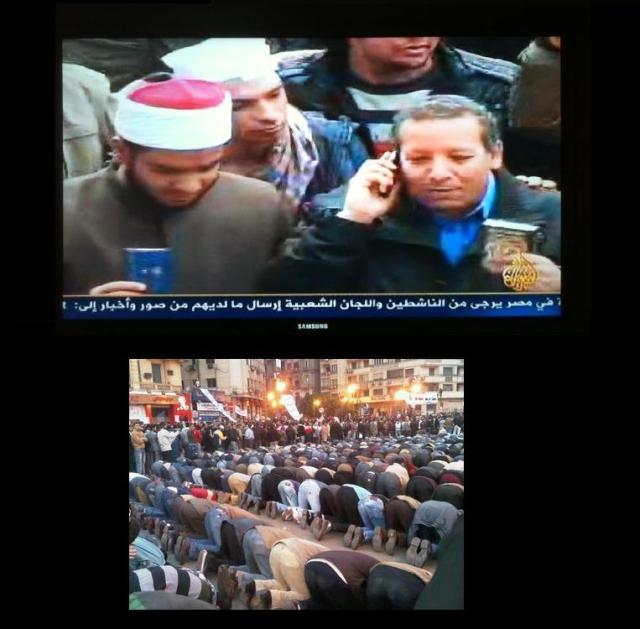
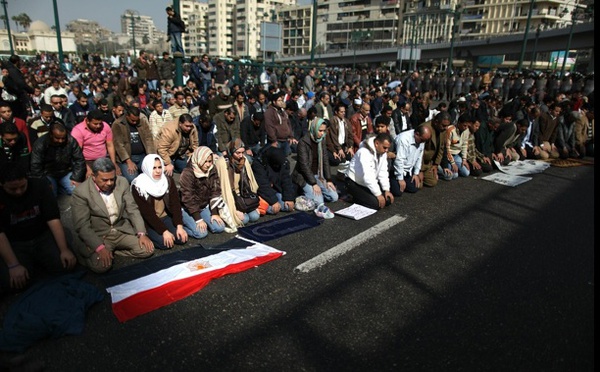
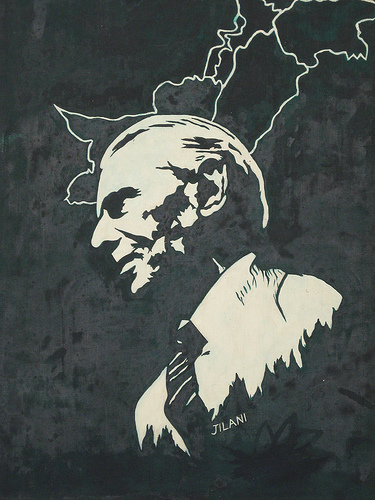
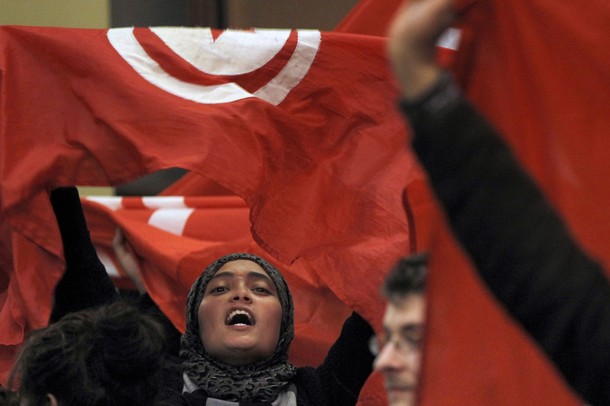
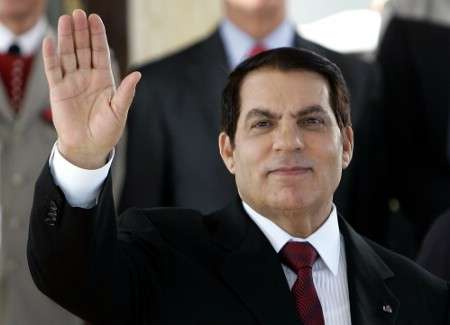
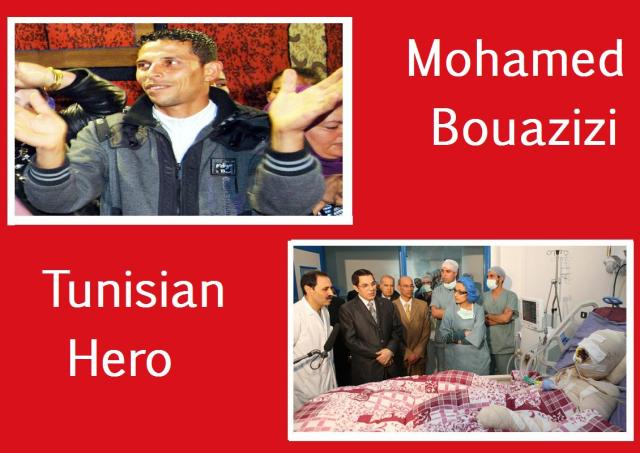
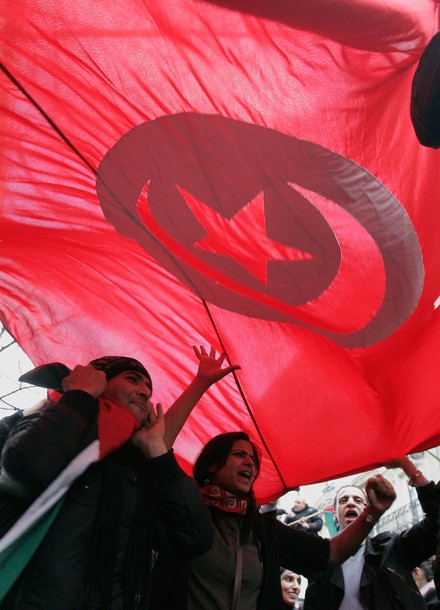

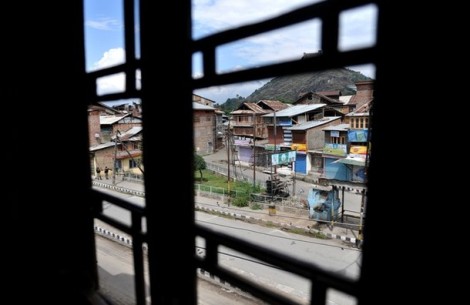
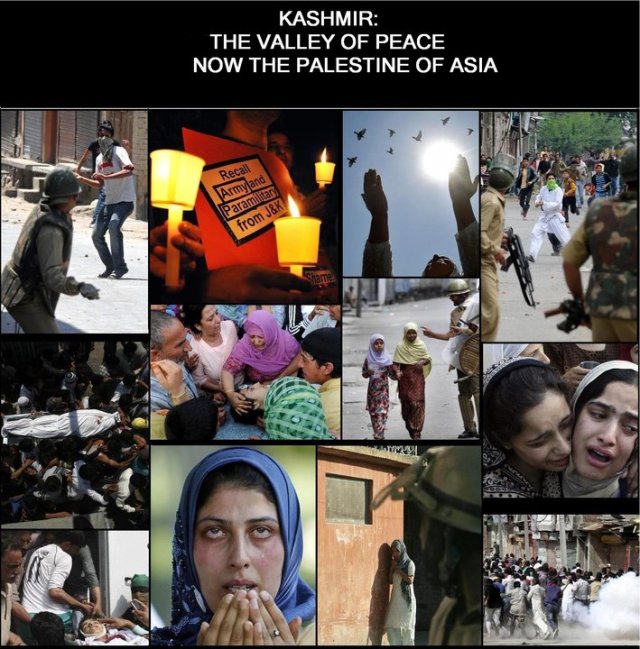
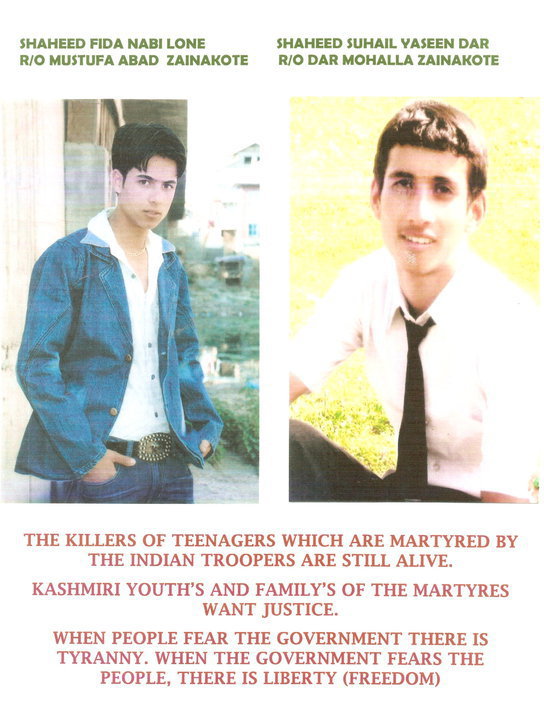
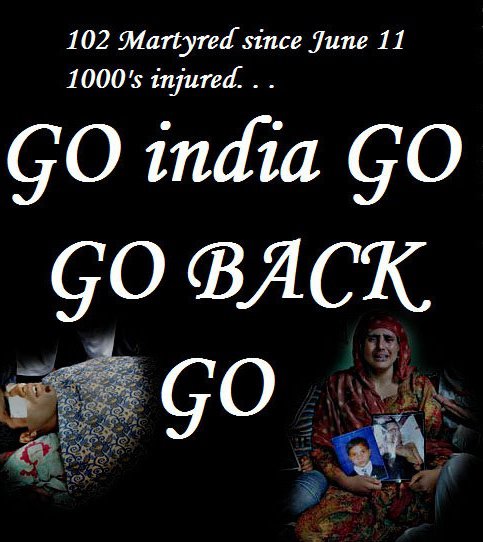
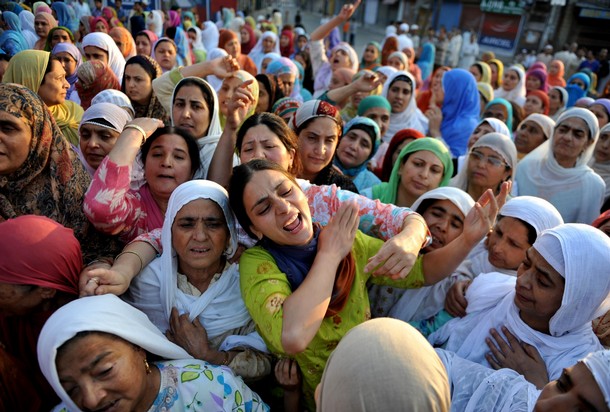
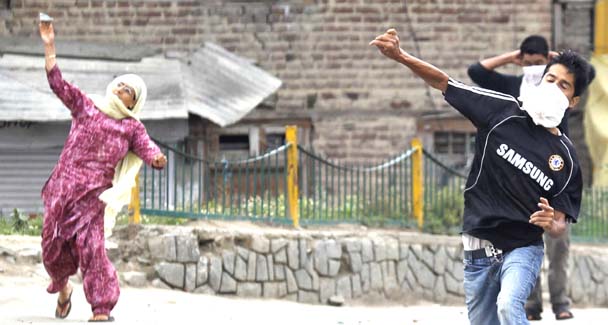
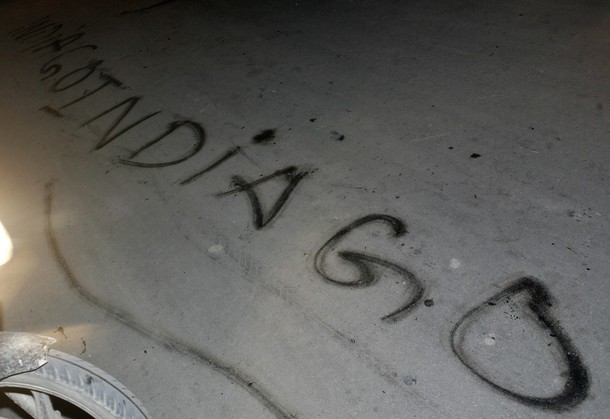
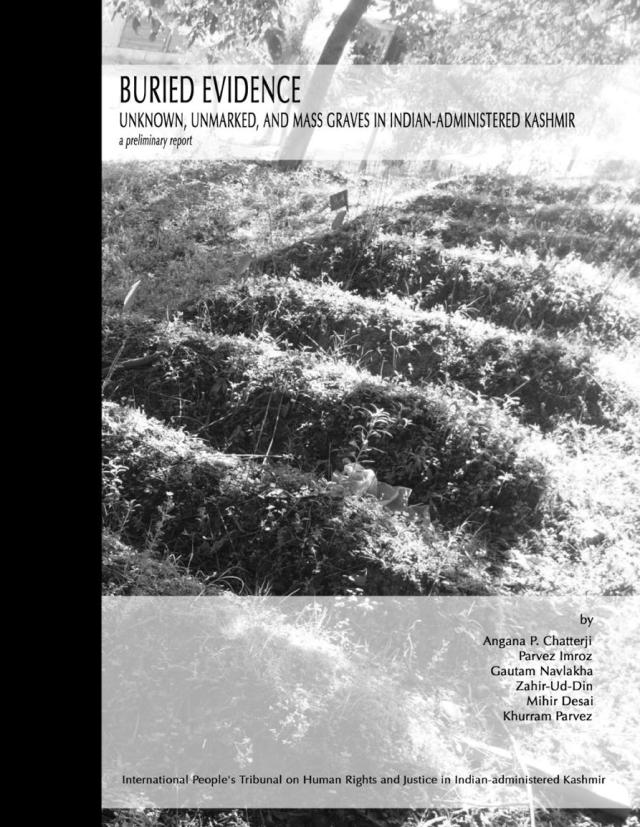
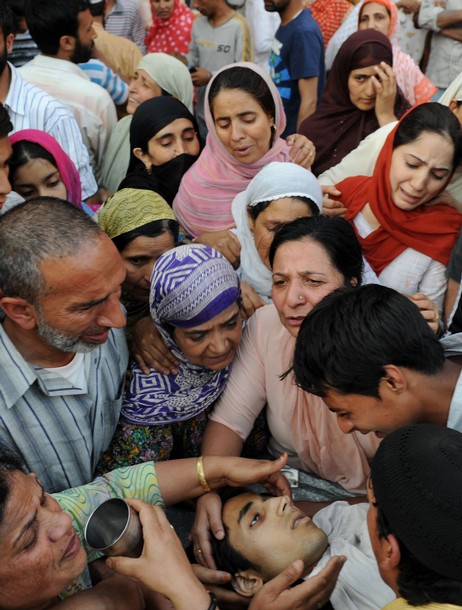
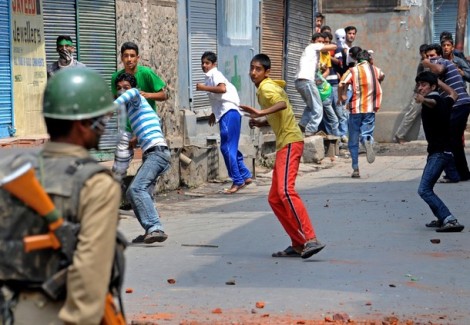
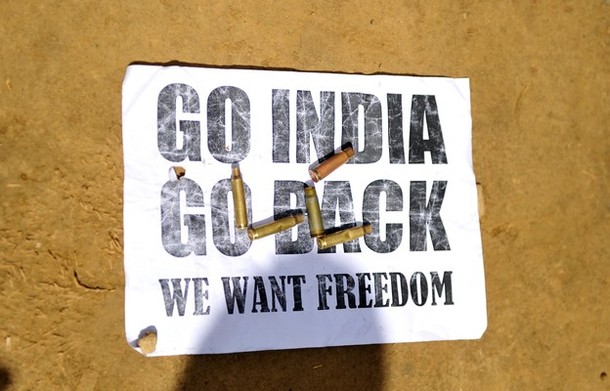
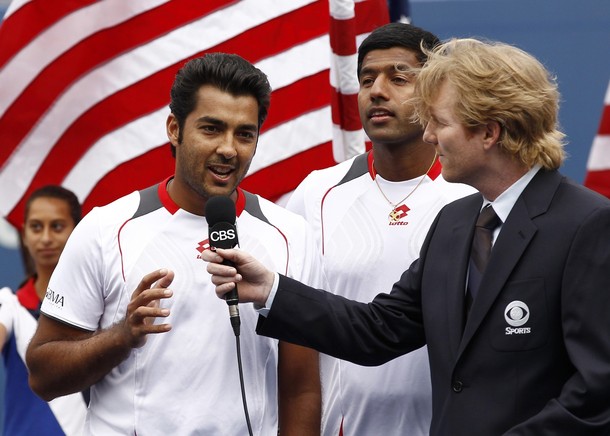
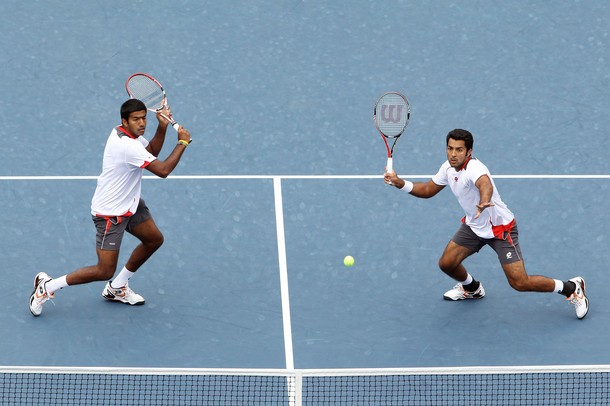
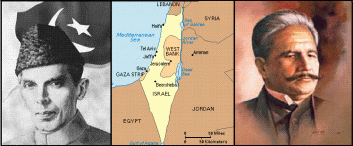
 The following is from
The following is from  In solidarity and support with the Palestinian people, Pakistan stands with you.
In solidarity and support with the Palestinian people, Pakistan stands with you.